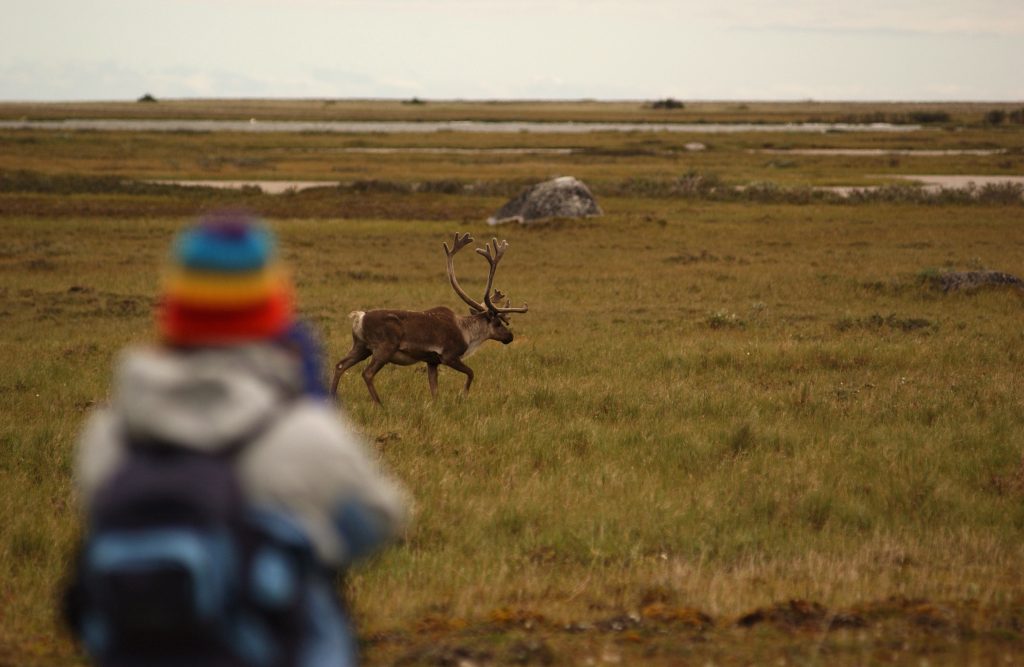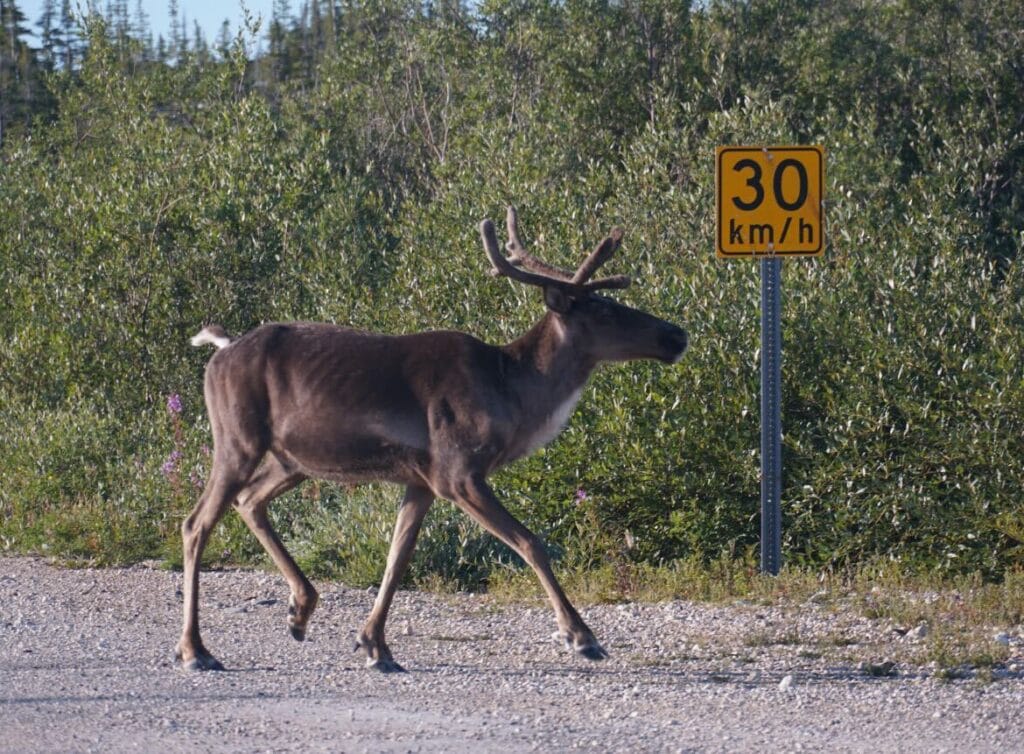Caribou of northern manitoba: migration patterns and more
The sprawling and serene landscape of Northern Manitoba serves as a crucial sanctuary for one of Canada’s most iconic wildlife species — the caribou. Known for their majestic antlers and remarkable endurance, caribou are not only a symbol of the wild North but also play a crucial role in its ecological and cultural tapestry.

caribou migration routes
The migration of caribou is one of nature’s most compelling phenomena. These creatures undertake extensive journeys across Northern Manitoba, showcasing remarkable adaptability and resilience. The migration routes of the barren-ground caribou are particularly notable, often covering hundreds of kilometers between their wintering grounds and calving areas.
- Fall migration: As winter approaches, caribou move from their calving grounds in the north to more sheltered areas in the south where food is more abundant. This migration starts around late August and can last until October.
- Spring migration: In anticipation of summer, the caribou return to their calving grounds in the northern tundra, where females give birth. This journey begins as the ice starts melting, typically in April or May.
These migrations are essential for survival, influencing their breeding, feeding, and predator evasion strategies.
type of caribou in northern manitoba
Northern Manitoba is home primarily to two types of caribou: the boreal woodland caribou and the barren-ground caribou. Each type is well adapted to its unique habitat and lifestyle.
- Boreal woodland caribou: Typically found in dense forested regions, these caribou are known for their darker coats and less extensive migrations. They are also recognized under Canada’s Species at Risk Act due to their declining numbers, largely impacted by habitat disturbance and predation.
- Barren-ground caribou: Found in the tundra regions of Northern Manitoba, these caribou undertake longer migratory journeys. They sport lighter coloration, which helps them blend more effectively into snowy and rocky environments.

importance of migration patterns to indigenous peoples
For the Indigenous communities of Northern Manitoba, the caribou are much more than wildlife; they are integral to their culture, spirituality, and subsistence. The migration patterns of caribou have historically aligned with the lifestyles of these communities, dictating hunting seasons and influencing social and ceremonial activities.
Caribou are a vital part of subsistence hunting, as they provide essential nutrients and materials, from meat for food to hides for clothing and bones for tools. Additionally, many Indigenous myths and legends revolve around caribou, which symbolize life and prosperity.
More than wandering herds, caribou are bearers of life, culture, and continuity in one of Canada’s most remote and remarkable landscapes. Because of all this, understanding and preserving caribou migration patterns is crucial not only for the sustainability of caribou populations but also for maintaining the cultural heritage of the region’s Indigenous peoples.
Visit the Churchill northern studies centre
To truly appreciate the majesty of the caribou and the pristine wilderness of Northern Manitoba, a visit to the Churchill Northern Studies Centre (CNSC) is a must. Situated in the heart of Churchill, our facility offers unique opportunities to see caribou and other wildlife in their natural habitat. Visitors can engage in various educational programs — from Learning Vacations to Volunteer Expeditions and more — that delve into the rich biodiversity and cultural heritage of Churchill.
CNSC not only provides a platform for wildlife observation but also plays a crucial role in ongoing scientific research aimed at understanding and preserving the region’s natural environment. By visiting the Centre, you contribute to our vital research and conservation efforts and gain unparalleled insight into the ecological and cultural significance of Northern Manitoba.
Experience the North first-hand and plan your visit to Churchill today!
The Churchill Northern Studies Centre is an independent, non-profit field station working to understand and sustain the North. We provide accommodations, meals, equipment rentals, and logistical support to scientific and social researchers working on a diverse range of topics of interest in the subarctic. We also facilitate learning programs throughout the year for non-credit learning vacations, university credit courses, and youth programming.Explore our Learning Vacations to see how you can experience the subarctic in a way that’s meaningful, personal, and unforgettable. Or, donate today to support greater understanding of — and deeper appreciation for — the natural, social, economic, and cultural environments of the North.
